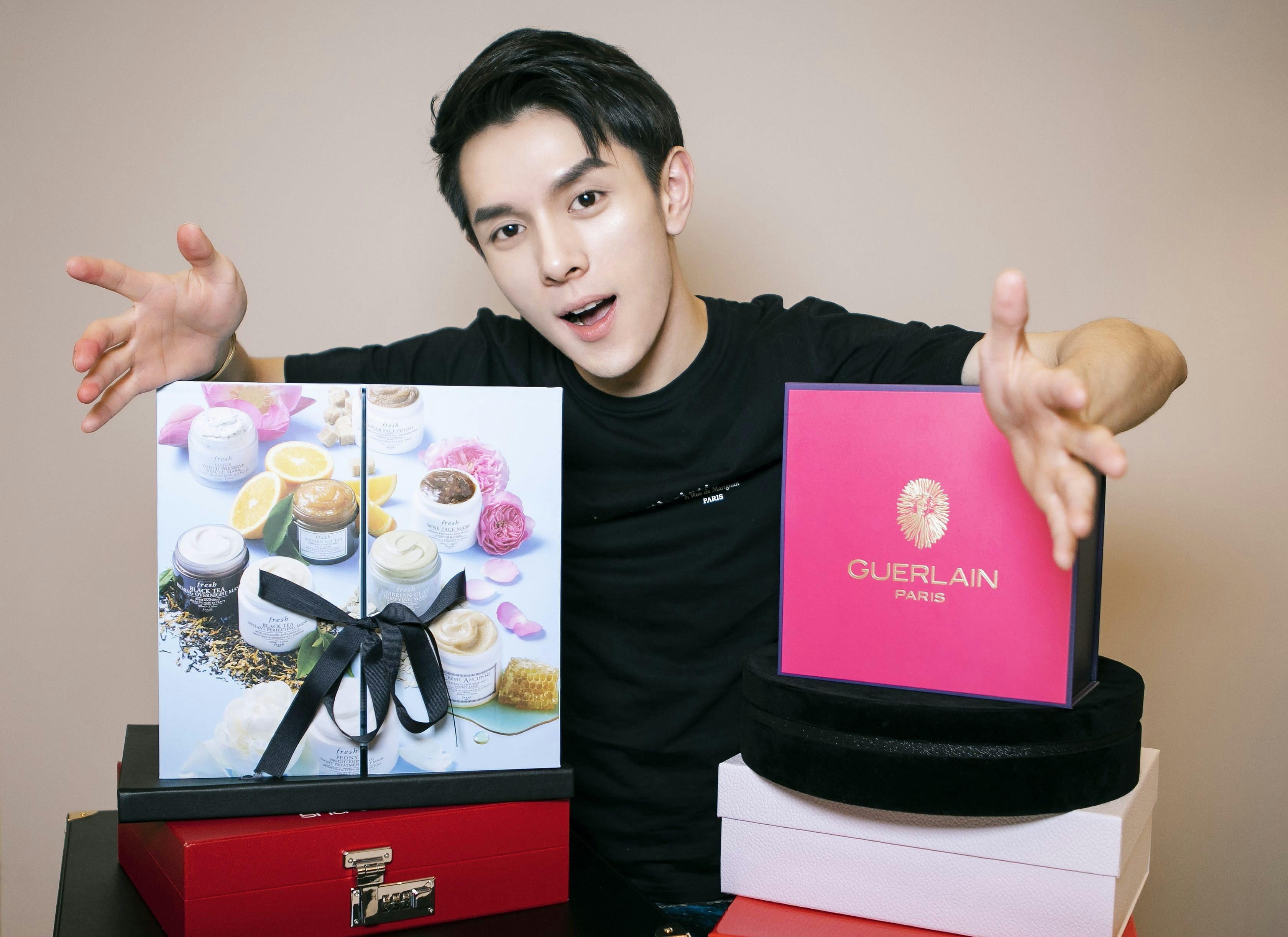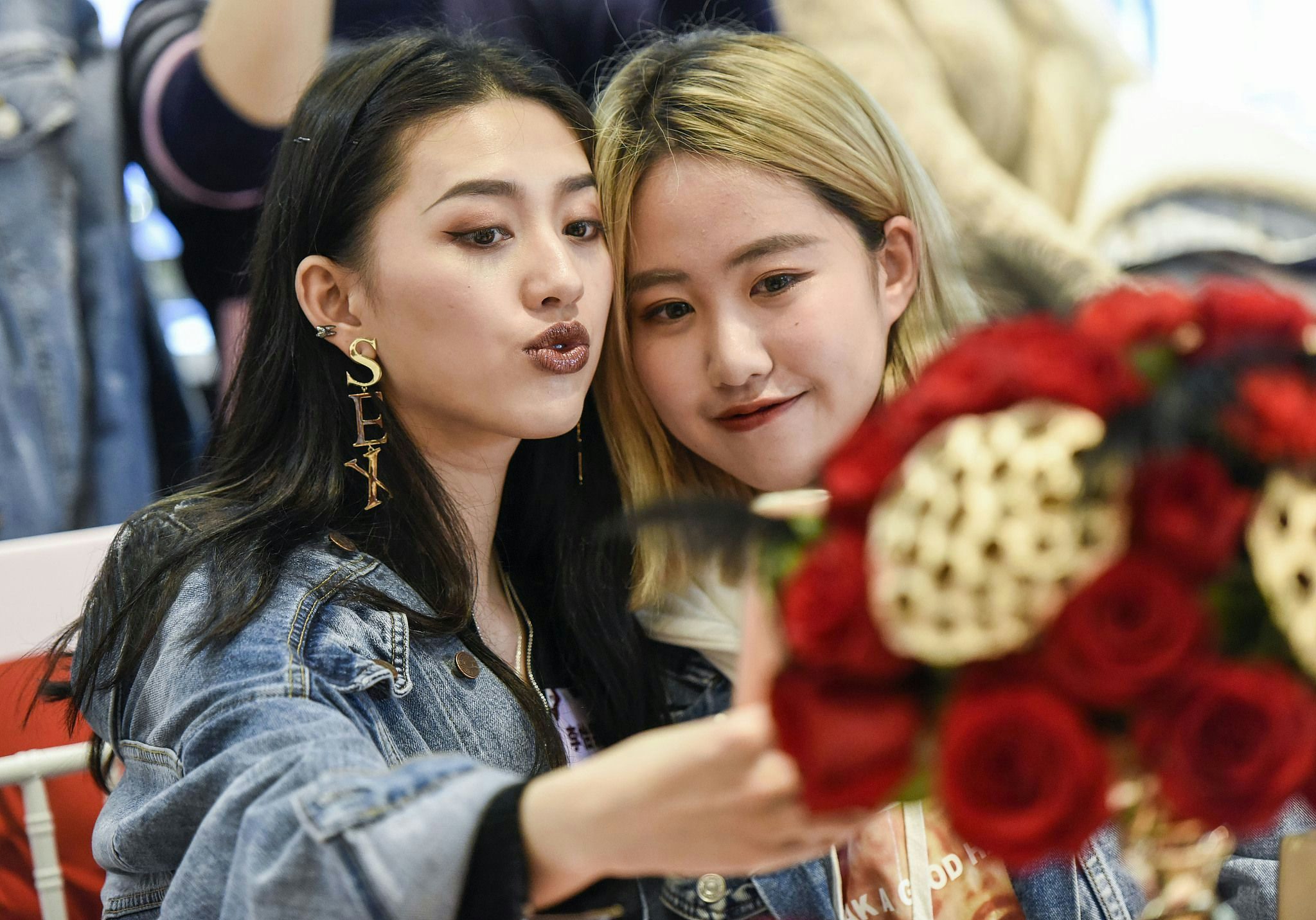While e-commerce platforms collaborating with influencers to drive sales is nothing new, e-commerce platforms in China appear to be taking influencer partnerships to the next level. Recently, Farfetch joined forces with renowned WeChat influencer Mr. Bags to launch a co-branded Mini Program store, while top e-commerce live streaming beauty blogger Austin Li became the first KOL to launch a Tmall Global Influencer Store.
Mr. Bags x Farfetch#
Since the early days of Mini Programs, WeChat influencers have been creating their own e-commerce stores. While some of them exclusively sell products from their own brands — for example, fashion influencer Becky Li — many of them, such as Gogoboi, have been working with the service providers like LOOK, who help them integrate their WeChat stores with a number of cross-border e-commerce platforms. Using LOOK’s technology, influencers can curate their shops from a selection of SKUs that the platforms have made available.
However, this recent collaboration between Mr. Bags and Farfetch is slightly different. This time the luxury e-commerce platform worked directly with Mr. Bags to create a custom e-commerce Mini Program called “包先生 with Farfetch.” The Mini Program is linked to Mr. Bags’ Official Account, allowing him to directly link the bags mentioned in his articles to the co-branded Farfetch Mini Program, making it possible for followers to read an article and purchase the featured products from Farfetch without exiting Mr. Bags’ WeChat properties. The Mini Program has been created specifically with this purpose in mind, only listing the exact items mentioned in Mr. Bags’ articles. The shop’s inventory is updated every Tuesday morning to reflect new content.
Unlike many of Mr. Bags’ previous collaborations which have been one-off drops of limited-edition capsule collections, it appears this one is meant to be long-term. Mr. Bags shared that oftentimes when he mentions lesser-known brands, or limited-edition bags in his content, fans who want to purchase the items get frustrated because those products aren’t available in China. The partnership with Farfetch gives him a safe and trustworthy way to make these products available to his readers. Similar to his previous brand partnerships, Mr. Bags steers clear of any of the logistics. Consumers purchase the products directly through Farfetch and the platform handles all of the customer service and shipping.
Austin Li (#
李佳琦#
) Opens First-Ever Tmall Global Influencer Store#
Over the past year, Alibaba has been making big moves into the influencer space, focusing heavily on developing their own roster of homegrown talent. While influencers from a variety of platforms have been opening their own Taobao shops for years, during the recent 618 shopping festival popular beauty live streamer Austin Li launched his store “李佳琦海外专属店,” becoming the first Tmall Global influencer store known in Chinese as “达人店”.
It appears Li’s store is a pilot project for Tmall, and if it goes well, this store is likely to be the first of many. Unlike the influencer Zhang Dayi, who created her own beauty brand and launched the brand on Tmall, these new influencer stores are similar to the curated WeChat stores mentioned above. The influencer and his or her team can select products from a variety of brands to appear in the store from a list of SKUs, and then Tmall Global handles the supply chain including products, stock, logistics, and after-sale service.
While Li is known for his ability to sell out hundreds of Tom Ford, YSL and M.A.C. lipsticks in mere minutes, his store inventory goes beyond his usual beauty recommendations to include other personal care products like shampoo and vitamins, and even into household goods such as kitchen pots (which he sold 40 of within the first minute of the live stream launch of the store).
With sharp competition between e-commerce platforms and increasingly expensive user acquisition costs, it appears platforms are beginning to lock down partnerships with top-tier influencers who have large follower-bases and the proven ability to sell. For influencers, making the commitment to open a store with a large e-commerce platform is a smarter move than entering into a long-term partnership with a single brand. The e-commerce platform gives them access to a variety of world-class brands, allowing them to pick and choose items they like, and thereby retain their objective, trustworthy status in the eyes of consumers.

